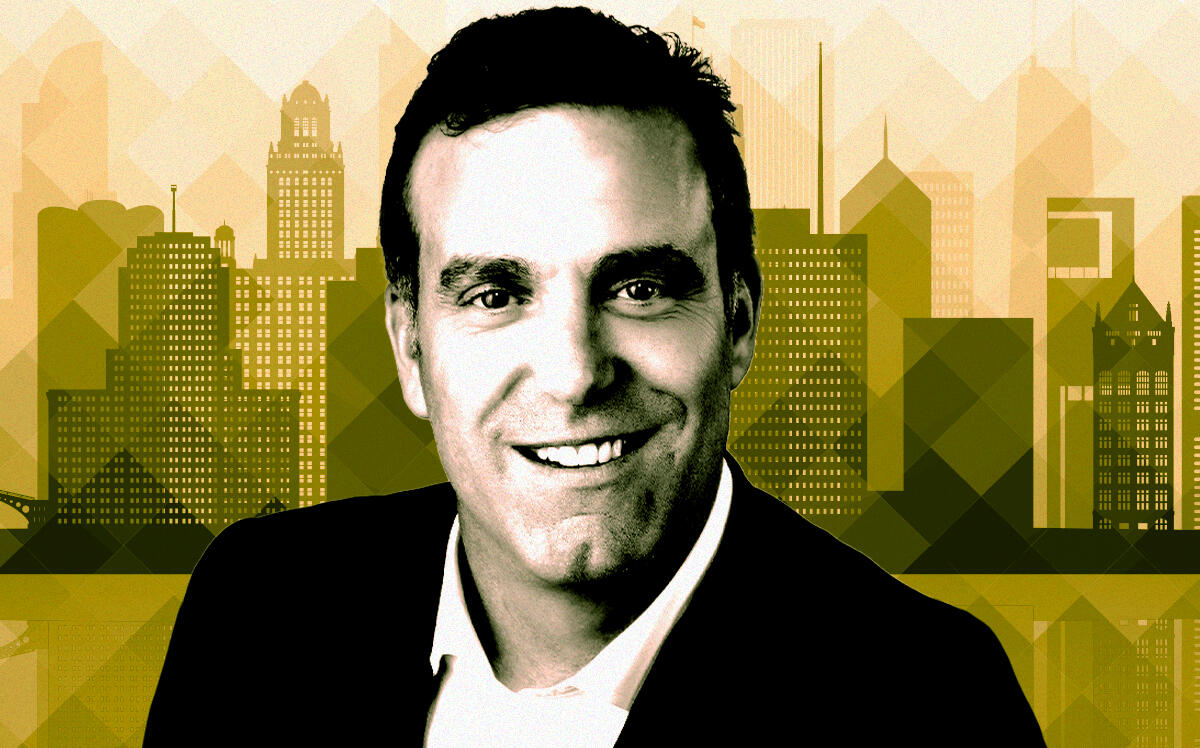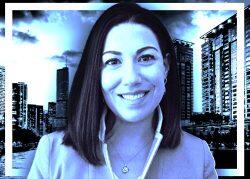 Commercial real estate firm Cresa relocates to Chicago from DC
Commercial real estate firm Cresa relocates to Chicago from DC
Trending
Cresa’s Greg Schementi on why most brokerages have a “conflict of interest”
New prez of tenant-focused firm on competition and notable deals

As Greg Schementi climbed to almost the top of Cushman & Wakefield’s tenant representative business, he noticed flaws in the brokerage’s model.
A little more than a year ago, he jumped ship to take the reins of Cresa as president of the Chicago-based brokerage that serves only occupiers — not both landlords and tenants, like the giants such as Cushman, JLL and CBRE. He officially started last month, after the expiration of non-compete clauses.
Cresa offered a platform Schementi recognized from earlier in his career. He started in commercial real estate at Equis, a small Chicago brokerage that served only tenants and expanded into dozens of American cities by the time it was bought by Australia’s United Group in 2006, setting up an eventual merger with Cushman.
“This firm at Cresa, although modernized and supersized from my early days, it’s very familiar,” Schementi said.
At Cushman he spent time convincing tenants the brokerage’s scale offered them benefits smaller firms couldn’t, yet he’s already become fluent in pointing out the advantages of selecting a service that works only one side of the tenant-landlord relationship.
“Other firms represent both sides of our business, and that’s very significant to our clients,” Schementi said. “There is an inherent conflict of interest there that we do talk about. We’re free of that. It feels different. It informs how we do our work and I know we do better work because of that.”
Schementi chatted with The Real Deal about how Cresa competes with other brokerages representing exclusively tenants, the state of the post-pandemic office market and which New York sports teams the Long Island native still cheers for after living in Chicago for decades. This interview has been condensed and edited for clarity.
When a client tells you it’s coming down to hiring one of two different occupier-only firms, such as Savills and Cresa, how do you outcompete that brokerage?
For us, it comes down to the advisors, the team that will deliver the service. We always want to put our best advisors for that situation in front of an occupier client. How we compete is to get the best solution and best people in front of the opportunities early on. And then bring the best of the firm, give our advisors the best tools to show them what we can do, and how we can add value.
What deal from earlier in your career has stuck with you as one you felt especially propelled you forward in the brokerage business?
Relatively early on, when I was with Equis, there was a large insurance provider — I won’t name it — but we were a little bit of an underdog. We felt like we had the best solution. I know we put the best team in front of them. We did more work in advance of their decision-making process than I had ever done before. The whole firm was pulling for us because it was a significant company. I remember when they called us and told us we were hired. They said we outworked the competition. That felt great. We put the power of the firm behind this effort. It turned out really well for the occupier and the firm because we were able to grow with them, and to see that account team and people join that account team and get better and have careers off of that win. That was incredibly satisfying to me.
What made you sense it might be time for a change into a higher leadership position with a new brokerage? And what makes your leadership qualities a good match for the post-pandemic, hybrid work office market?
What an incredible sea change we’ve seen in the office and industrial and retail markets. All the occupiers have had to adjust to what’s happened. That challenge prompted me to think about the next part of my career. I wanted to be in just the occupier space. They now have unique challenges and opportunities. It felt like I could do what I’ve always done at a company that does only what I do. That prompted the change. We’ve never been more needed by our clients and occupiers we are pursuing as clients. These are very real challenges and opportunities they face, and right now, in a macroeconomic environment that is uncertain. That challenge to take that on was a driver.
In a tenant-favored office market like this, how much of being a tenant rep is opening up your client to negotiating points that they didn’t know existed?
The tenant-only business can be counter-cyclical. When the investor side begins to feel some challenges and pain, the tenants have the ability to do what you just said, which is be more creative, be more proactive, find some opportunities that didn’t exist in the past, during a steady state. The positive side of the situation we’re in is we’re able to start more conversations now, with non-clients, people we are trying to pursue, because they’re listening. They’re listening because of the impact of the pandemic and the opportunities that aren’t readily apparent.
Were you born and raised in Chicago?
I’ve been here for decades, but not born and raised. I was born and raised in Long Island, New York. But my wife was born and raised in Chicago. Her entire nuclear family and even extended family is in Chicago. I’m glad we put down roots here all those years ago. We’ll be here for a long time, we’re connected to the place. I feel like I’m a Chicago native, but I do have all my sports teams back in New York. There’s a little bit of tension there. I’m a Mets, Jets, Islanders and Knicks fan.
Read more
 Commercial real estate firm Cresa relocates to Chicago from DC
Commercial real estate firm Cresa relocates to Chicago from DC
 Q&A: Damla Gerhart tapped to lead Avison Young’s Chicago office, leaving CBRE
Q&A: Damla Gerhart tapped to lead Avison Young’s Chicago office, leaving CBRE




